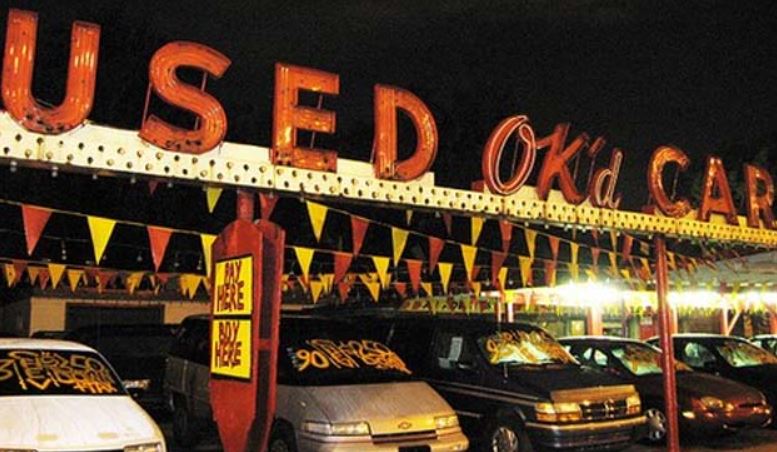Subprime auto lending has faced intense regulatory scrutiny over the past year, and one name that’s consistently part of that focus is Credit Acceptance, a Michigan-based lender that’s known as the pioneer of financing vehicles for people with shaky credit. Here’s a fact I learned about Credit Acceptance today: every year, it expects to repossess 35 percent of the cars it finances.
That figure was conveyed as part of a report on Credit Acceptance released by the website PlainSite. I haven’t had time to go through the full report just yet, but I wanted to highlight this number, because it’s something that came straight from Credit Acceptance itself.
From the PlainSite report:
Over the past decade, Credit Acceptance has offered few disclosures regarding repossessions. In 2015, Treasurer Douglas Busk confirmed that approximately 35% of all vehicles financed by Credit Acceptance are repossessed. In other words, at that time, Credit Acceptance had an approximately 35% default rate on its loans, roughly consistent with its reported 67.8% Forecasted Collection Rate that year.
The citation for that 35 percent figure sends you to an earnings call from October 2015, in which Busk is asked about repos.
Here’s the back-and-forth:
Q: Hey, guys. I’m not sure if this is something that you’ve ever talked about before or maybe that you would provide, but I’m just wondering, do you have a sense of the sort of percentage of loans in your portfolio program that end up in repossession or being repossessed?
Douglas Busk: Yes. It’s about 35 percent, approximately.
Q: OK, great. Thanks. That’s all I had.
It’s a remarkable figure. Credit Acceptance anticipates on a yearly-basis that one-third of the vehicles it finances will end up repossessed, sending the more-times-than-not-financially-inept consumers with already-bottomed out credit on a devastating tailspin that makes it all the more difficult to ever recover from.
The company’s no stranger to regulatory scrutiny. Bloomberg reported last year that:
Credit Acceptance notes in its filings that it is frequently the subject of consumer lawsuits and regulatory investigations over its loan-making and collection practices. Claims of predatory practices have dogged the industry for many years. Credit Acceptance typically counters that it abides by the terms of the contracts signed by its customers. In February, it disclosed that the Federal Trade Commission was investigating its use of devices that disable vehicles remotely when payments are missed. It said it was cooperating with the inquiry.
This figure has caught attention in the past. Mother Jones wrote an in-depth story on Credit Acceptance back in 2015, which pointed out that it “operates on the assumption that it will collect only about 70 percent of the money it lends out.”
It’s just something else to see that confirmed so matter of factly by the company itself.
Source: Ryan Felton, Jalopnik











